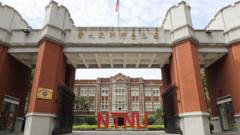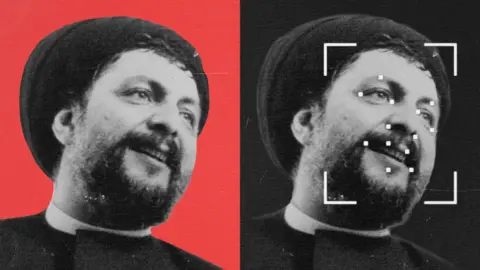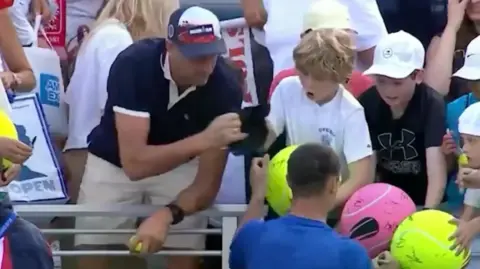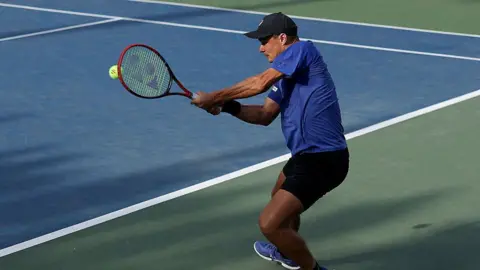Chou's controversial initiative was intended to support her limited roster of student athletes, many of whom suffered from injuries. However, the alarming claims surfaced earlier this year, when local politician Chen Pei-yu alleged that students were threatened with loss of academic credits if they refused to participate. Following the revelations, an investigation disclosed that the blood samples were collected daily over several years for various unnamed research projects.
In her recent public statement, Coach Chou expressed remorse for the pressure exerted on her students and acknowledged her "reckless words and behaviour." She committed to making amends, stating, "It is definitely my fault for making you feel the way you did." Professor Chen Hsueh-chih, who led one of the research initiatives, echoed her sentiments, admitting that while the goal was to assist student athletes, the effort inadvertently caused distress to the participants and their families.
Despite the aim of helping athletes, the inquiry revealed that the blood drawn was often disposed of due to procedural inaccuracies. Allegations suggested that some players were mandated to supply three blood samples daily for a two-week period, raising serious ethical concerns about consent and the treatment of student athletes.
In response to the ongoing scandal, NTNU's principal, Wu Cheng-chi, publicly acknowledged the university's failure to uphold proper oversight, announcing plans to review and improve ethical protocols. Furthermore, Taiwan's deputy education minister confirmed that the actions of both Chou and Chen would be investigated by their department.
Additionally, the Education Ministry has indicated that disciplinary actions could be taken against another unnamed NTNU women's football coach amid the fallout from this incident.
In her recent public statement, Coach Chou expressed remorse for the pressure exerted on her students and acknowledged her "reckless words and behaviour." She committed to making amends, stating, "It is definitely my fault for making you feel the way you did." Professor Chen Hsueh-chih, who led one of the research initiatives, echoed her sentiments, admitting that while the goal was to assist student athletes, the effort inadvertently caused distress to the participants and their families.
Despite the aim of helping athletes, the inquiry revealed that the blood drawn was often disposed of due to procedural inaccuracies. Allegations suggested that some players were mandated to supply three blood samples daily for a two-week period, raising serious ethical concerns about consent and the treatment of student athletes.
In response to the ongoing scandal, NTNU's principal, Wu Cheng-chi, publicly acknowledged the university's failure to uphold proper oversight, announcing plans to review and improve ethical protocols. Furthermore, Taiwan's deputy education minister confirmed that the actions of both Chou and Chen would be investigated by their department.
Additionally, the Education Ministry has indicated that disciplinary actions could be taken against another unnamed NTNU women's football coach amid the fallout from this incident.






















